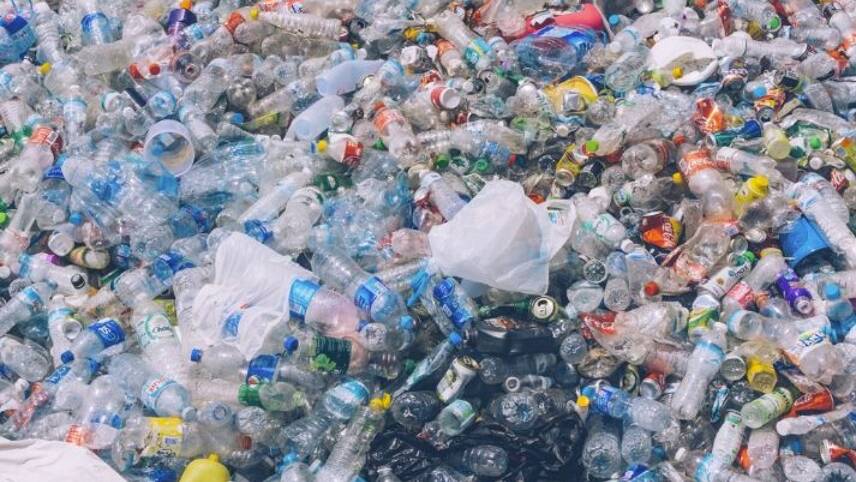Register for free and continue reading
Join our growing army of changemakers and get unlimited access to our premium content

the report warns businesses of the consequences of “false solutions”
Surfrider Foundation Europe has released a new report today (4 July) highlighting how corporates are impeding plastic reduction efforts while calling companies to prioritise “deplastification” in a bid to resolve the current plastic crisis.
As per a report from the United Nations Environment Programme (UNEP), plastic pollution could triple by 2040 based on current trends.
In response, the report calls on brands to define a “deplastification” pathway with enforceable commitments and tailored action plans that actively reduce plastics, rather than relying on solutions and marketing that may actually be increasing demand for plastics usage.
Businesses are urged to evaluate the reliance on existing recycling infrastructure, as despite increased investments, competitive prices make it difficult to recycle plastic, and the continuous growth of plastic production puts added pressure on the existing infrastructure.
According to the Organisation for Economic Cooperation and Development (OECD), only 14% of all plastics were recycled in the EU and 9% worldwide in 2019. Another report from Surfrider Foundation Europe notes that only 2% of plastics are recycled more than once.
Plastic pellets, vital for manufacturing plastic items, can be lost throughout the production and distribution chain, the report notes. However, substituting with “biobased” or “biodegradable” plastics fails to address negative impacts and can create new problems, such as consumer confusion about disposal.
As such, the report warns businesses of the consequences of “false solutions” as they lead to a waste of critical investment resources required for the zero-plastic transition. It suggests companies adopt Research and Development (R&D) strategies focused on deplastification, rather than minimal changes to secure a continuation of business as usual.
Avoidance Strategies
In alliance with the Break Free From Plastic movement, Surfrider Foundation Europe has identified five avoidance strategies used by companies to perpetuate pollution.
Some companies avoid accountability by shifting blame to consumers, vulnerable communities, and local authorities, claiming plastic pollution is due to improper recycling.
Current investments and R&D in plastics focus on technologies like recycling and bioplastics that knowingly fail to fully solve the crisis. These measures need a strong deplastification strategy to be effective in preventing plastic from reaching the ocean and mitigating health and human rights risks.
The report further notes that emotional storytelling causes the promotion of false solutions that are incapable to resolve the plastic crisis such as recycled or bioplastics.
For example, claiming that a “green” product using recycled plastic or bioplastics can “save (or clean) the ocean” is counterproductive, as that leads to an increase in sales; thus, having an even bigger negative impact on the environment.
French Council for Advertisement Ethics stated that the Adidas advertisement for Stan Smith “100% iconic, 50% recycled” shoes and the IKKS sailor-stripe shirt that “cleans the ocean” was not in line with the Council’s recommendations. This example is one of many highlighted in the report, which also mentions Nestle, Unilever and more.
The report warns brands to avoid resorting to smoke-and-mirrors tactics including flattering or unclear calculation methodologies, reporting, and rating tools. It urges businesses to select indicators that value the effectiveness of the results rather than efforts while setting targets and KPIs.
The report identifies “plastic neutrality” as another concerning practice, which contributes to delaying action and allows companies to continue using plastic by funding the collection and recycling of an equivalent amount of plastic waste in the environment, under the guise of achieving “neutrality.”
Recommendations for Businesses
The report urges companies to understand and acknowledge their responsibility in the plastic crisis, comprehending the full impact of plastic and their own contributions.
It demands businesses to disclose an annual verified plastic use assessment covering all aspects of their business operations including plastics related to product production, packaging, transport, logistics, promotion, and marketing.
Adequate resources and monitoring in place are required to ensure compliance and progress, with annual public disclosure of budgets and commitments.
The report emphasises the urgency for proactive support for ambitious plastic reduction regulations in resolving the plastic crisis.


Please login or Register to leave a comment.